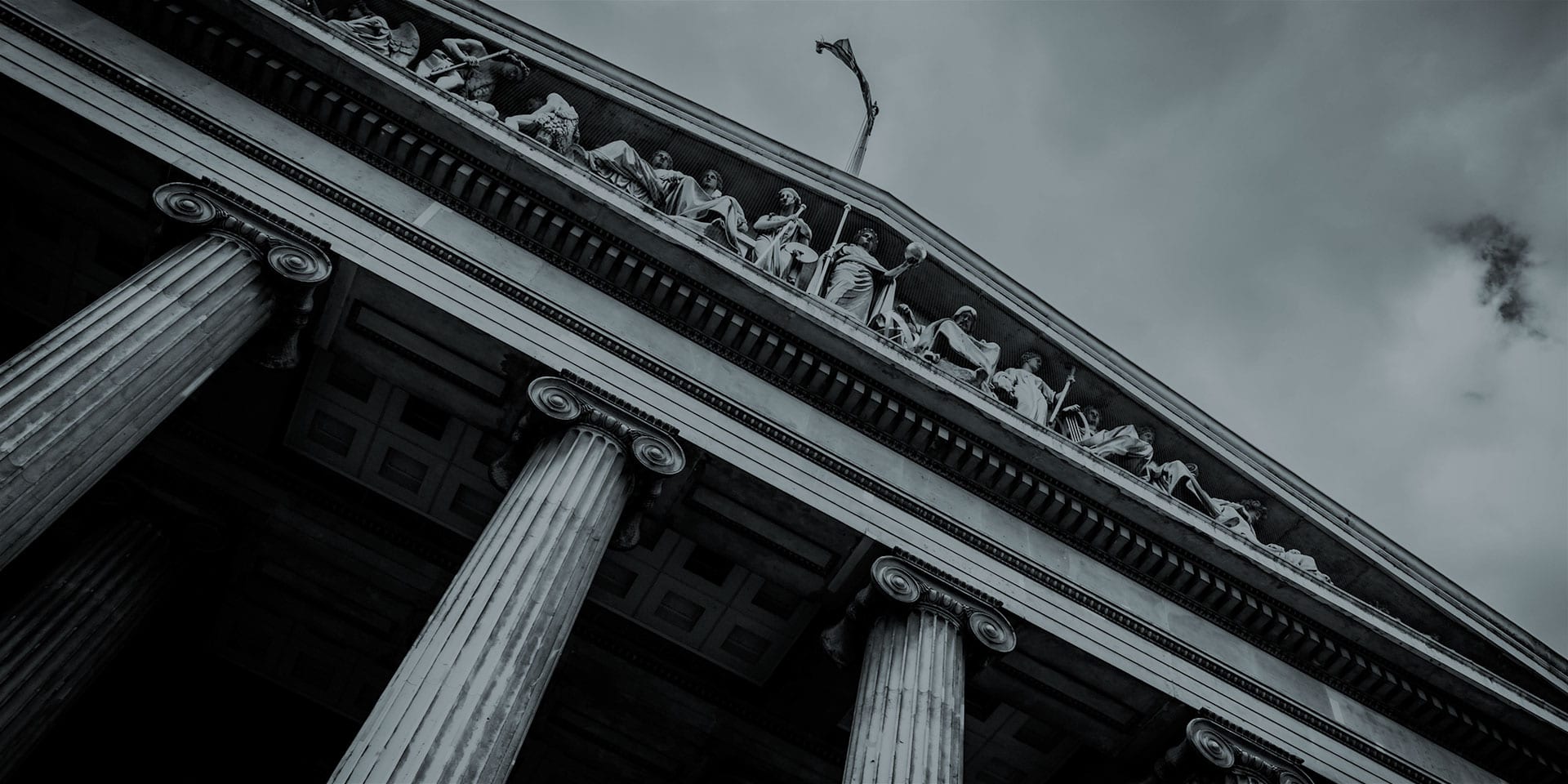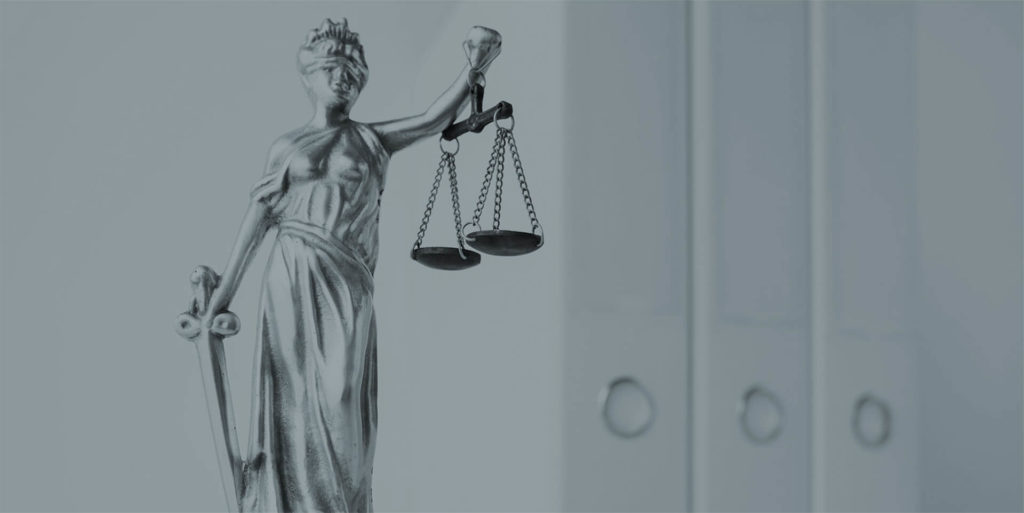Send your enquiry.
Contact us for a free, initial no obligation consultation.
"*" indicates required fields
Your information is safe and treated in accordance with our Privacy Policy
If you have been charged with a criminal offence, your case will go to court. Understandably, you will want to know what to expect in court, before the day actually comes around. This can help reduce any anxiety and allow you to feel better prepared.
This guide takes you through court proceedings step by step, including hearings at both the Magistrates’ Court and the Crown Court.
Magistrates’ Court vs Crown Courts
If you are summonsed to appear in court, we strongly advise that you ask a solicitor to represent you. The criminal defence solicitors here at Ashmans can manage your case, defending you in court to get the best possible outcome. To find out more about how we can help you, contact us now for a free initial enquiry.
The Magistrates’ Court
Almost all criminal cases in England and Wales begin at the Magistrates’ Court. If you are under the age of 18, then you might appear in front of a Youth Court instead.
This is what you can expect when you attend a Magistrates’ Court as a defendant.
1. You are brought to the dock
You will either receive a letter telling you to attend a particular courthouse on a particular date. Or you will be remanded in custody and taken to the courthouse in a special van. Either way, when the court is ready for your case to be heard, you will be brought into the courtroom and asked to stand in the dock. You will be asked to confirm your name and address. The charges will be read out and you will be asked whether you wish to plead guilty or not guilty.
Your case will either be heard in front of a District Judge, or in front of two/three Magistrates. Magistrates are actually lay people, meaning they have not been trained in the law. However, there will also be a clerk sitting in front of them. This person is a lawyer and will advise them on points of law. There will be other people in the room too, including your solicitor, the prosecution’s solicitor, court ushers and members of the public (unless the case is closed to the public, as it is in the Family Courts).
2. If you plead guilty
If you plead guilty to a summary offence (which is a less serious offence) then the Magistrates and the clerk will leave the room to discuss your sentence. When they re-enter the room the court usher will say “all rise”. Everyone will stand up momentarily. The Magistrates will then deliver their sentence.
If you plead guilty to an either way offence, then it means that the Magistrates can either sentence you, or the Crown Court can sentence you. Magistrates are only able to give a maximum sentence of 12 months in prison. If they feel that you should receive a harsher sentence than 12 months’ imprisonment, then your sentencing will take place at the Crown Court at a later date.
If you plead guilty to an offence on indictment (which is a more serious offence), then your sentencing will take place at the Crown Court at a later date. You will likely be remanded in custody until this point.
3. If you plead not guilty
If you plead not guilty then your case will be adjourned, which is another way of saying postponed. A date will be set for a trial. This trial will take place at the Magistrates’ Court if you are charged with a summary offence, or at the Crown Court if you are charged on indictment (see the section below on the Crown Court).
Trials for either way offences can take place at either the Magistrates’ Court or the Crown Court. Your solicitor and the prosecution’s solicitor will offer their opinion as to where your trial should take place. Ultimately, it is for the Magistrates to decide. What happens if you are unfit to plead?
Trial at the Magistrates’ Court
Your trial at the Magistrates’ Court will begin in much the same way as your initial hearing.
Your trial will either be heard in front of a District Judge, or in front of two/three Magistrates. You will not appear in front of a jury because juries do not sit in Magistrates’ Courts.
Presuming you have not changed your plead, your trial will then get underway. The first thing that happens is that the prosecution summarises the case against you. Then the prosecution will begin to call witnesses. Witnesses will be heard one-by-one and the prosecution’s solicitor will ask them questions. Your solicitor can also ask each witness questions, a process which is known as cross-examination. Sometimes witnesses will appear via video link or will sit behind a privacy screen. The witnesses will sit in a separate room until they are called and will not hear any of the trial until they enter the courtroom. Once they have finished their testimony they will be allowed to sit in the public gallery, if they wish.
The prosecution will then present any other evidence that they think is relevant to the case, such as your police statement or CCTV footage.
When the prosecution has finished, it is your solicitor’s turn to present the defence. Often, you will be asked to take the witness stand first. The court usher will ask you to swear on the bible or take an affirmation, in which you pledge to tell the truth. Your solicitor will then ask you questions. Afterwards, the prosecution’s solicitor will be allowed to ask you questions. The prosecution will try to get you to twist your words, so it is important to remain calm and consider your answers. If you do not hear a question properly or you do not understand, you are allowed to ask for clarification. Afterwards your solicitor may decide to call further witnesses, and the same process will follow.
Once all the evidence has been heard, your solicitor will make their closing remarks. This is a summary of everything that has been heard and the reasons why you should be found not guilty. The District Judge or Magistrates will then retire to consider the verdict. When they reenter the room, everyone will be asked to stand. You will be told whether you are found guilty or not guilty. If you are found not guilty then you are free to leave. If you are found guilty then you may either be sentenced straightaway, or the sentencing will take place at a later date.
Trials at the Crown Court
If you are charged with a more serious offence, then your first court hearing will take place at the Magistrates’ Court. If you plead not guilty, the Magistrates will refer your case to the Crown Court.
Trials at the Crown Court follow much the same format as trials at the Magistrates’ Court, with a few differences.
Pre-trial procedures
Firstly, there may actually be a few hearings before the trial takes place. So long as you have a solicitor then you do not need to worry about this. The pre-trial case management hearing can be used to determine what evidence can be heard and how much time is needed for the trial itself.
Opening remarks
If your trial is to be heard in front of a jury, then the jury will be sworn in.
When the trial begins, you will be taken to the dock and asked to confirm your name and address. You will be asked whether you wish to plead guilty or not guilty.
The prosecution’s barrister will make an opening speech, summarising the case against you. Your barrister will then be given an opportunity to make a statement of issues, in which they outline the pertinent issues in the case. If this is not deemed necessary then the jury may be given the defence statement instead.
Note that it is usually your barrister – and not your solicitor – who will do the talking in the Crown Court. This is because few solicitors have ‘Higher Rights of Audience’, meaning they cannot be advocates in the higher courts. Your solicitor will instruct the right defence barrister for your case. Your solicitor will also be there in court, assisting with your defence.
Each side presents their case
Next, the prosecution will present their case. As in the Magistrates’ Court, witnesses will be called in and questioned. Your barrister will then cross-examine them. Further evidence may also be produced, such as your police statement. Then it is the turn of the defence. The same process is repeated, with witnesses being called and cross-examined. You may or may not be called as a witness for the defence. Your defence team will make this decision, depending on whether they think it would help or hinder your case.
Closing speeches
After all the evidence has been heard, each side has a chance to present their closing speech. This is a summary of why you should be found guilty or innocent.
The judge will then give directions to the jury, setting out the legal points they need to consider. The jury will retire and decide whether you are innocent or guilty. The judge will always request a unanimous decision first, meaning everyone on the jury must agree on the verdict. However, the judge may permit a majority verdict later down the line, if the jury cannot agree. Alternatively, if there is a hung jury then there may be a re-trial.
Jury returns the verdict
If the jury does return a verdict, then everyone will return to the courtroom. The foreman of the jury will be asked to stand and say whether you are guilty or not guilty. If you are found not guilty then you are free to leave. If you are found guilty then a sentencing hearing will take place at a later date. During this hearing, your defence team will present mitigating factors in an attempt to persuade the judge to show leniency.
Court Representation
We appreciate that attending court can be a daunting prospect. When you instruct Ashmans Solicitors, you can rest assured that we will guide you through the process, explaining what will happen at each and every stage. We will be by your side throughout, fighting on your behalf to secure the best possible outcome.
To speak to a criminal defence solicitor, call us now on 0333 009 6275. We are available 24 hours a day, 7 days a week.
You can also email us on enquiries@ashmanssolicitors.com or complete our Free Online Enquiry Form and we will contact you.




